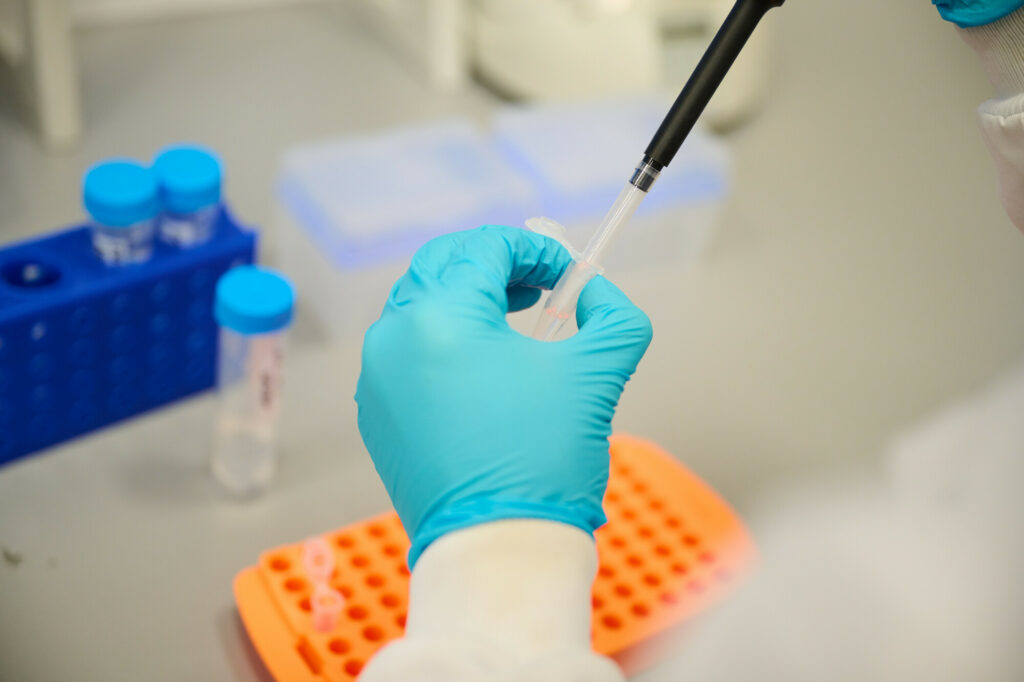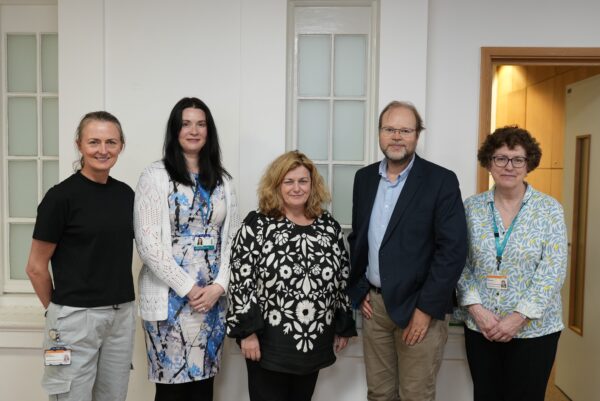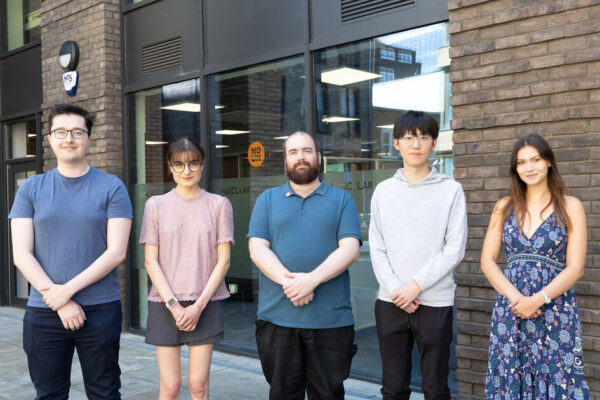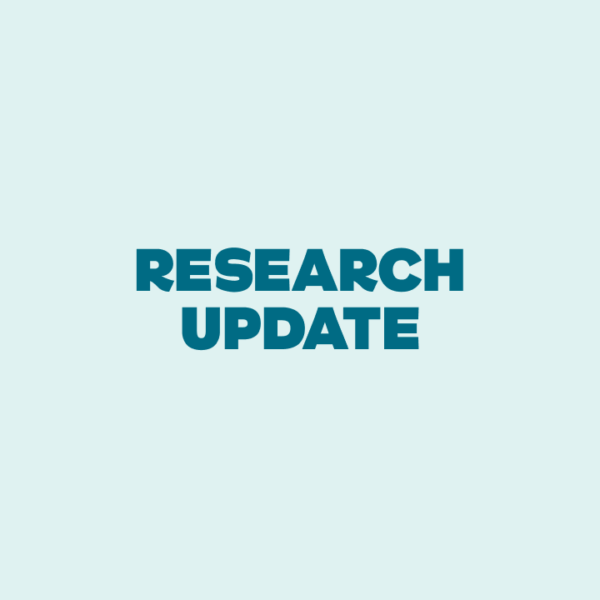We‘re thrilled to announce that the Leiden University Medical Center (LUMC) and the Duchenne Data Foundation (DDF) have secured funding to continue deep phenotyping – a detailed study of physical traits, biological processes, and genetics – of the brain in Duchenne muscular dystrophy (DMD) and Becker muscular dystrophy (BMD) as part of the BIND project.
Project secures funding to continue genotype phenotype correlation of the DMD and BMD brain

This part of the research project, led by Dr Hermien Kan at LUMC, is set to start on 1 October 2024. The aim of it will be to further increase the understanding of brain involvement in DMD and BMD progression. The researchers plan to achieve this by studying and analysing large sets of neuropsychological data and comparing them to brain scans with behaviour data. The project has received funding from several Duchenne patient organisations, including Duchenne UK, Duchenne Parent Project (DPP) Netherlands, DPP Belgium and Parent Project Muscular Dystrophy (PPMD) USA and us. A total of €102,000 has been reached.
Dr Hermien Kan, Principal Investigator and Vice Director at the CJ Gorter MRI Center of the department of Radiology at LUMC is looking forward to starting the project.
“We are excited to be able to continue our collaboration with DDF to further our understanding of brain involvement in DMD and BMD and make these data available.”
The goal of this one-year project is to explore the ways in which DMD and BMD impact on how the brain works, with the hope of finding new ways to drive future treatment development and improve patient outcomes.
The collaborative effort marks another step forward in the field of brain conditions in DMD/BMD, highlighting the commitment of patient organisations to advance science and improve quality of life for people living with DMD and BMD.
More about the BIND project
The BIND project is an EU-funded project aiming to advance research and understanding of the role of dystrophin in the brain in Duchenne and Becker muscular dystrophy. It unites 19 partners from Europe and Japan and aims to research this critical but underexplored aspect of DMD/BMD. The goals of BIND are to localise different types (isoforms) of dystrophin in the brain, increase understanding of brain restoration, define brain conditions, and establish new assessment tools and therapeutic strategies.


